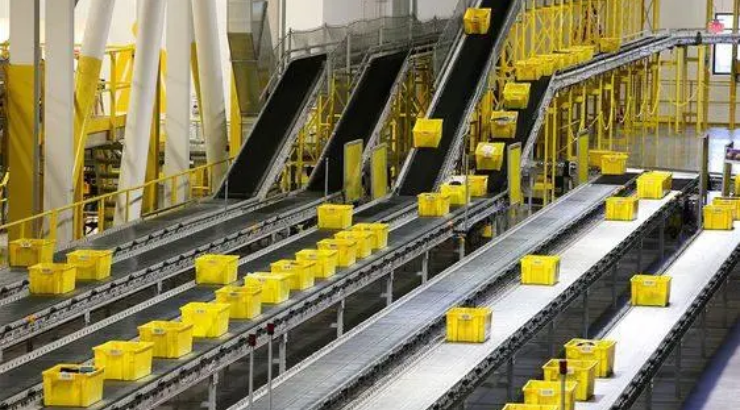Packaging is an essential component of the manufacturing industry, and the advancements in technology have led to the development of various automated systems that have revolutionized the packaging processes. Automation has transformed the packaging industry by increasing efficiency, accuracy, and speed, while reducing costs and improving safety. In this blog, we will explore how automation has revolutionized packaging processes and how it has impacted the industry.
According to a recent report by MarketsandMarkets, the packaging automation market is expected to reach $58.1 billion by 2025, growing at a CAGR of 8.2% from 2020 to 2025. The report cites the growing demand for automated packaging solutions in various industries, such as food and beverage, pharmaceuticals, and consumer goods, as the primary driver of this growth. The report also highlights the increasing adoption of industrial automation and the integration of Industry 4.0 technologies, such as AI and IoT, as factors contributing to the growth of the packaging automation market.
One example of a company that has embraced automation in their packaging processes is Amazon. Amazon has been investing heavily in automation technology, with the goal of increasing the speed and efficiency of their fulfillment centers. The company has deployed a range of automated systems, such as robots that transport items, automated conveyor belts, and packaging machines that can pack up to 700 boxes per hour. These automated systems have allowed Amazon to significantly increase their productivity while reducing costs and improving safety for their employees.
Here are some unique and valuable insights into how automation is revolutionizing the packaging industry:
- Increased Efficiency and Speed: Automation has significantly increased the speed and efficiency of packaging processes. Automated systems can work around the clock without taking breaks, which has enabled companies to produce more products in a shorter amount of time.
- Improved Accuracy and Consistency: Automation has improved the accuracy and consistency of packaging processes. Machines can precisely measure and dispense materials, ensuring that each package is filled accurately and consistently.
- Cost Reduction: Automation has led to a reduction in costs associated with packaging processes. Machines can work faster and with more precision than humans, which reduces the need for manual labor and results in lower labor costs.
- Improved Safety: Automation has improved safety in packaging processes by reducing the need for manual labor. Machines can perform dangerous tasks, such as handling hazardous materials or heavy loads, without putting human workers at risk.
- Integration with Industry 4.0 Technologies: Automation has led to the integration of Industry 4.0 technologies, such as AI and IoT, in packaging processes. These technologies enable machines to learn and adapt to changing conditions, making packaging processes even more efficient and effective.
In conclusion, automation has revolutionized packaging processes by increasing efficiency, accuracy, and speed, while reducing costs and improving safety. As the packaging automation market continues to grow, we can expect to see even more advancements in automation technology in the future.


